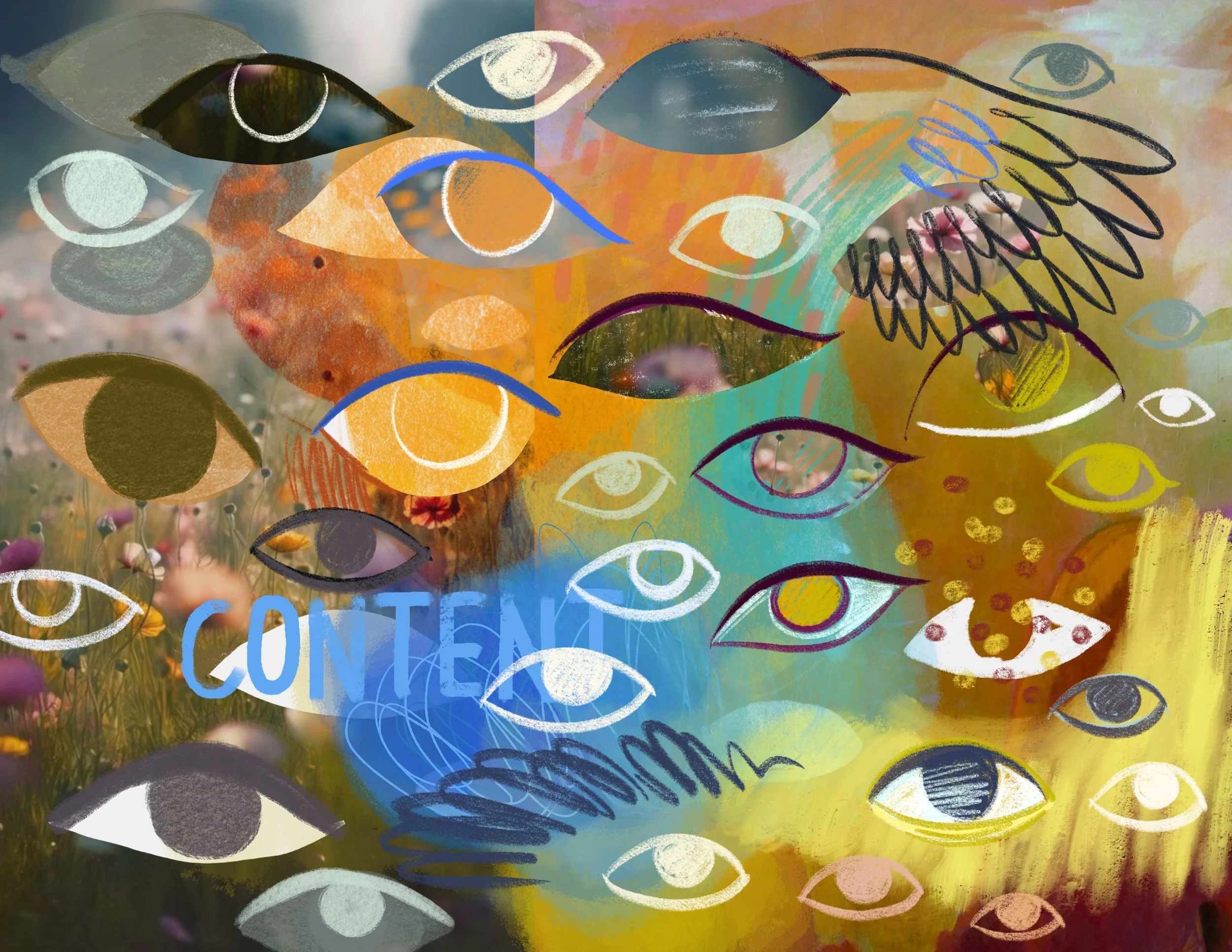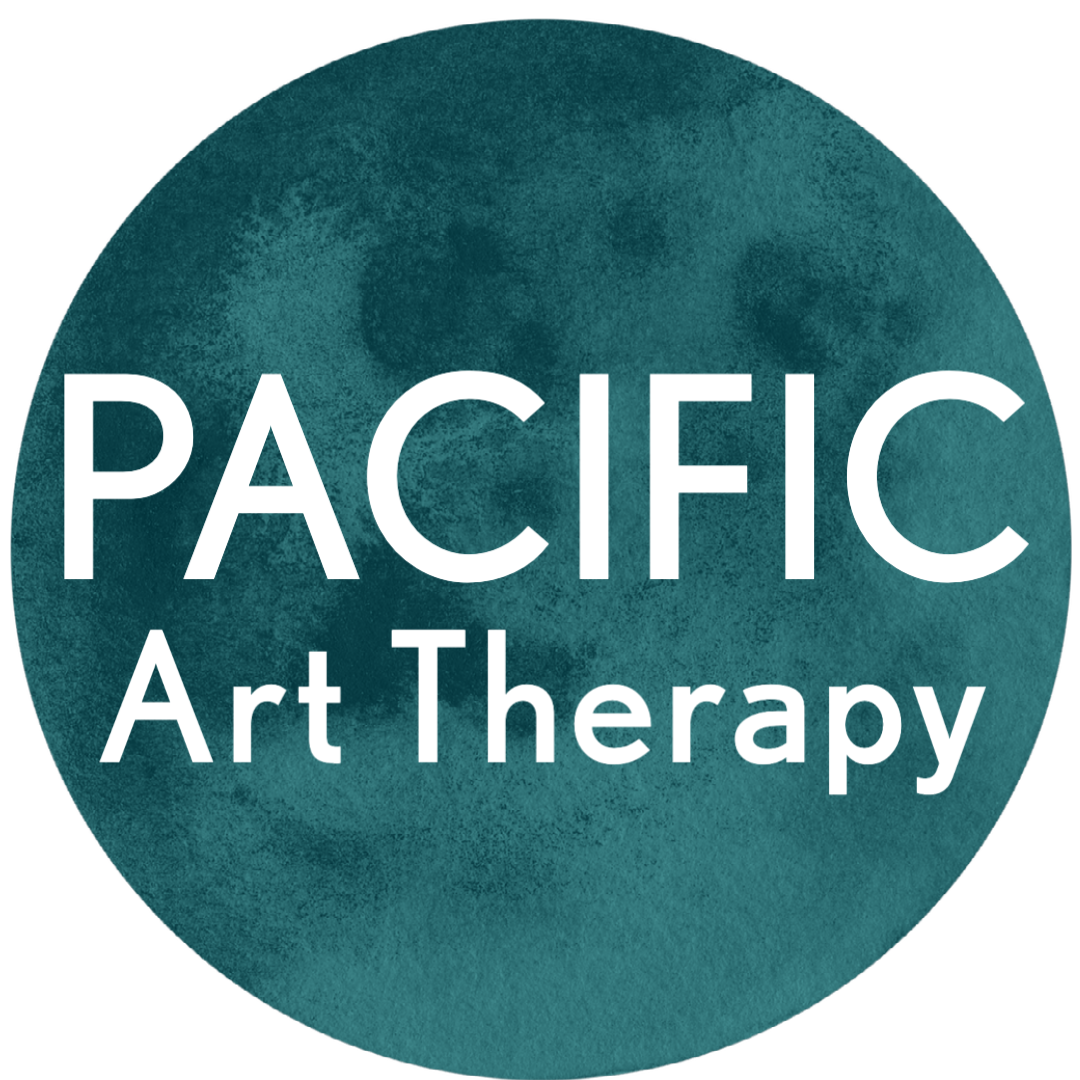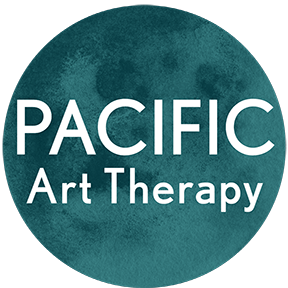
We’re now a 501(c)(3) nonprofit organization!
Art Therapy for All
Still offering clinical art therapy & mental health counseling
Location
6919 N. Figueroa St.
Los Angeles, CA 90042
We’re located just South of Eagle Rock on Figueroa Street, between York & Colorado. Easy access to the 134 & 110 freeways.
Our building is pale green and there’s a small street to the right of us. Our front door is the dark green one on the left side.
There is a doggy gate on our door. There is 1 step up into our office. If you need a ramp, please let us know ahead of your visit.
Parking
There is street parking on the opposite side of Figueroa or Burwood by the bodega. Please walk across the street at the crosswalk, people drive really fast on Figueroa- stay safe!





